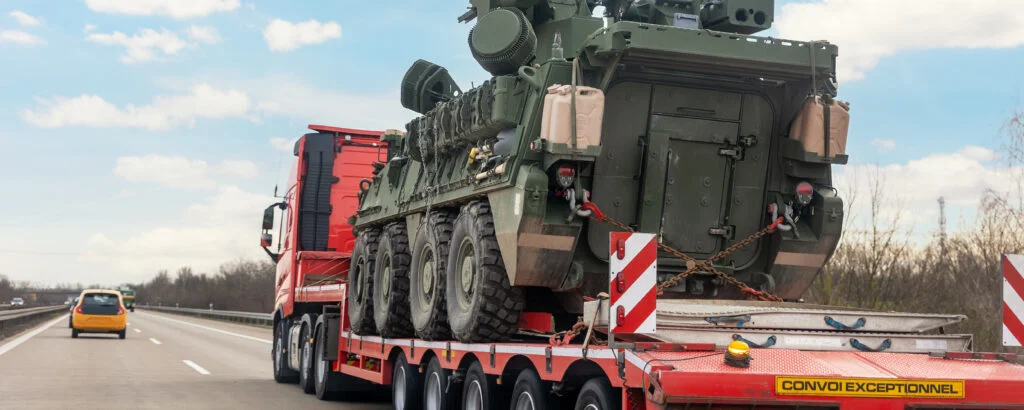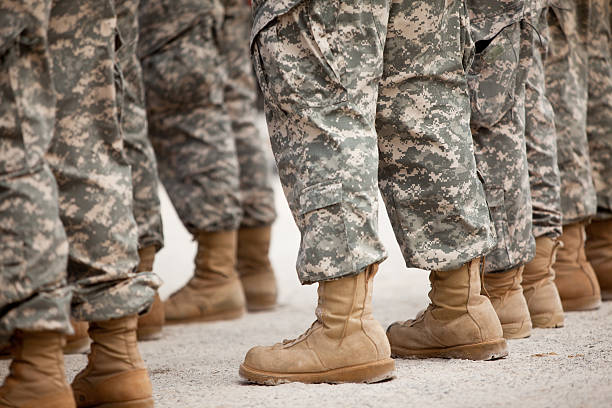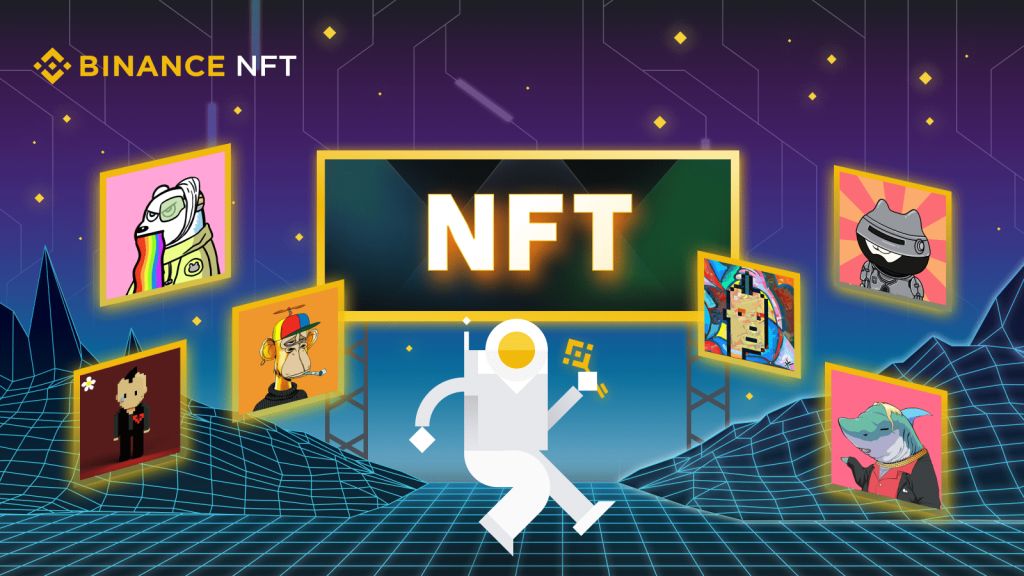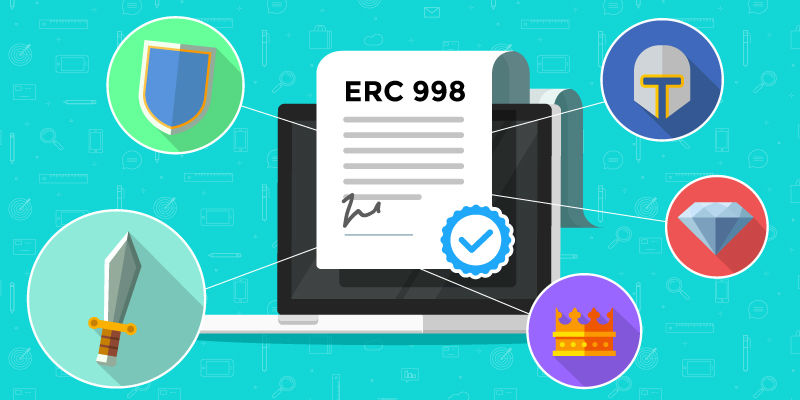The U.S. Marine Corps embarked on a pilot project to utilize the metaverse’s power to boost its logistics operations. This initiative consisted of the construction of a digital twin of the Earth. By adapting huge datasets linked to telemetry, assets, sensor data, and much more, the digital twin offers an extensive view of logistics operations.
Realism within the Metaverse
While most users associate the metaverse with augmented or virtual reality, the initiative insists on realism. The digital twin has been well-designed with real-world physics restrictions and incorporated with rich metadata. This move results in an interactive and lifelike metaverse experience. Considering the cost implications of VR equipment, traditional on-screen interactions are expected to dominate.
On that note, the metaverse initiative focuses mainly on three primary impacts: interactive training and evaluation, operations planning, and real-time operational oversight. By blending simulation capabilities, modeling, and telemetry data into one cohesive environment, impressive outcomes are expected.
The pilot digital twin project utilizes a local 5G network coupled with low-earth orbit communications. These elements are integral when considering the global deployment challenges. The metaverse in its current iteration, also provides solutions that support real-time data acquisition via the application programming interfaces.

The Future of Military Training
The metaverse has lots of potential for the military, specifically in training and operational preparedness. The U.S. Marine Corps’ Project Tripoli stands as a notable testament to its great potential. Being a combat training metaverse, Project Tripoli provides an immersive environment that nearly replicates real-world combat scenarios.
Trainees can engage in various virtual exercises, enhancing their skills and strategies in a controlled but realistic setting. This strategy increases the readiness of military personnel and supports the testing and adaptation of tactics without encountering risks that come with live drills.
By incorporating the metaverse into their training and logistics activities, the military can achieve increased preparedness, streamline the involved processes, and boost innovative strategies that cater to the ever-changing challenges of modern warfare.
The Takeaway
The incorporation of the metaverse into the U.S. Marine Corps’ logistics and training activities marks a significantly transformative shift in military strategy and preparedness. Leveraging the capabilities of the metaverse will allow the armed forces to expect and address the dynamic challenges of modern combat scenarios.
The integration of vast datasets, real-world physics, and innovative technology seems to pave the way for an efficient, holistic, and risk-free training environment. As the world shifts into an era that is dominated by digital interactivity and virtual realities, the military’s forward-thinking strategy guarantees that it remains the leader in innovation, readiness, and operational excellence.






1 comment